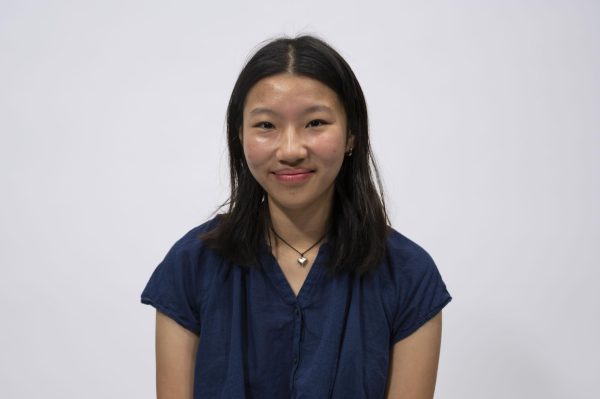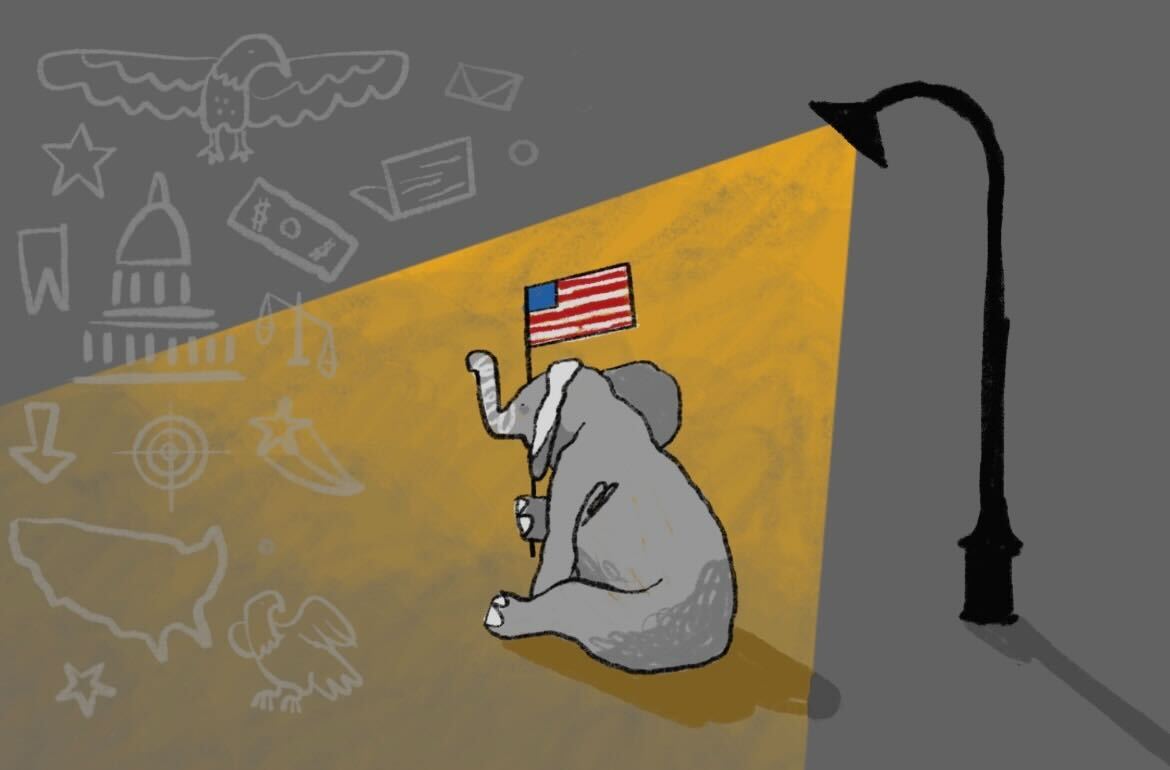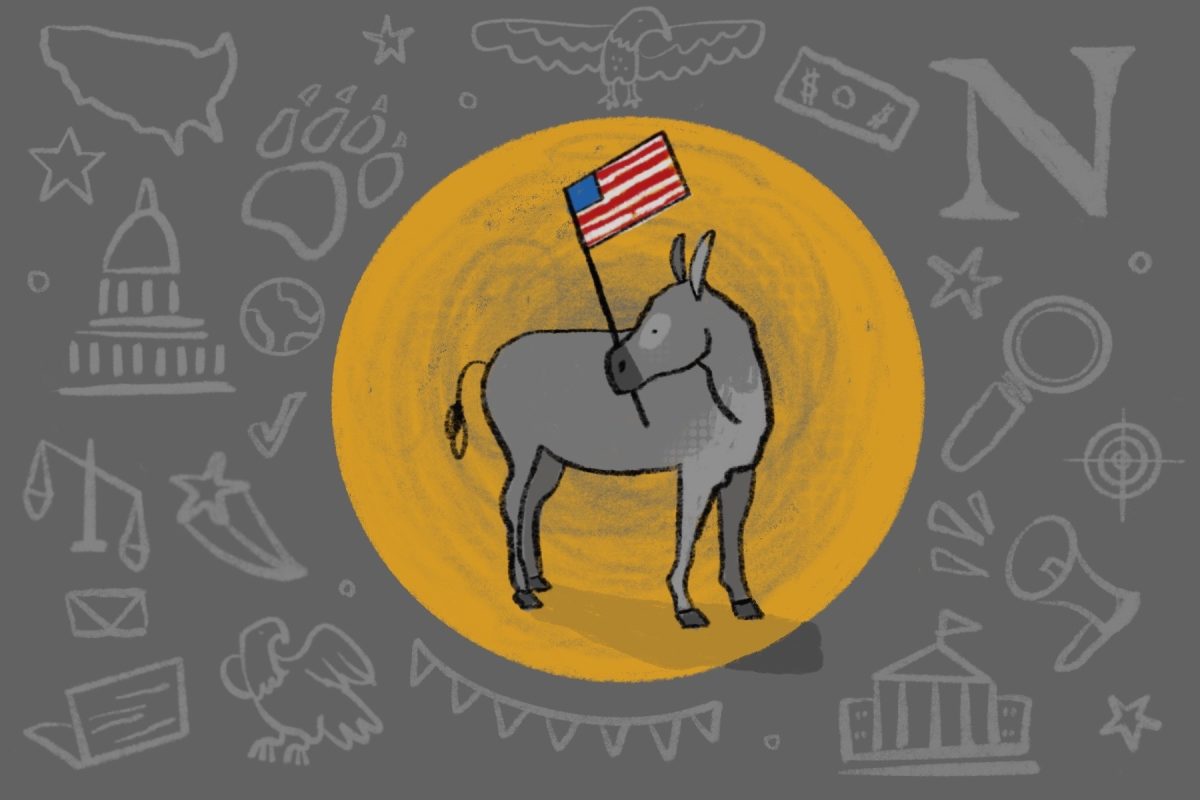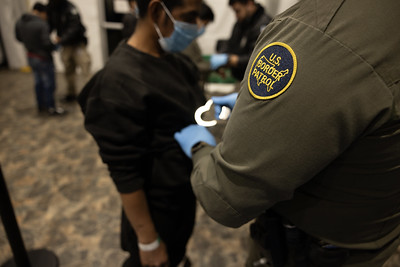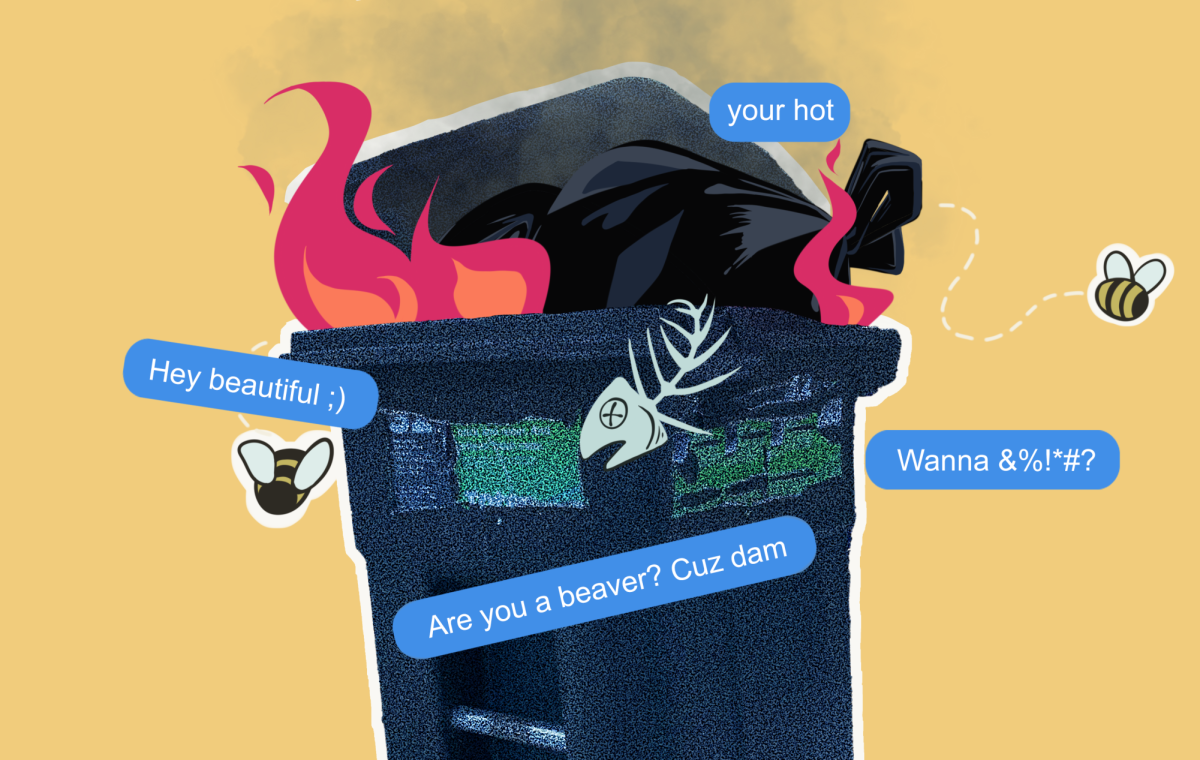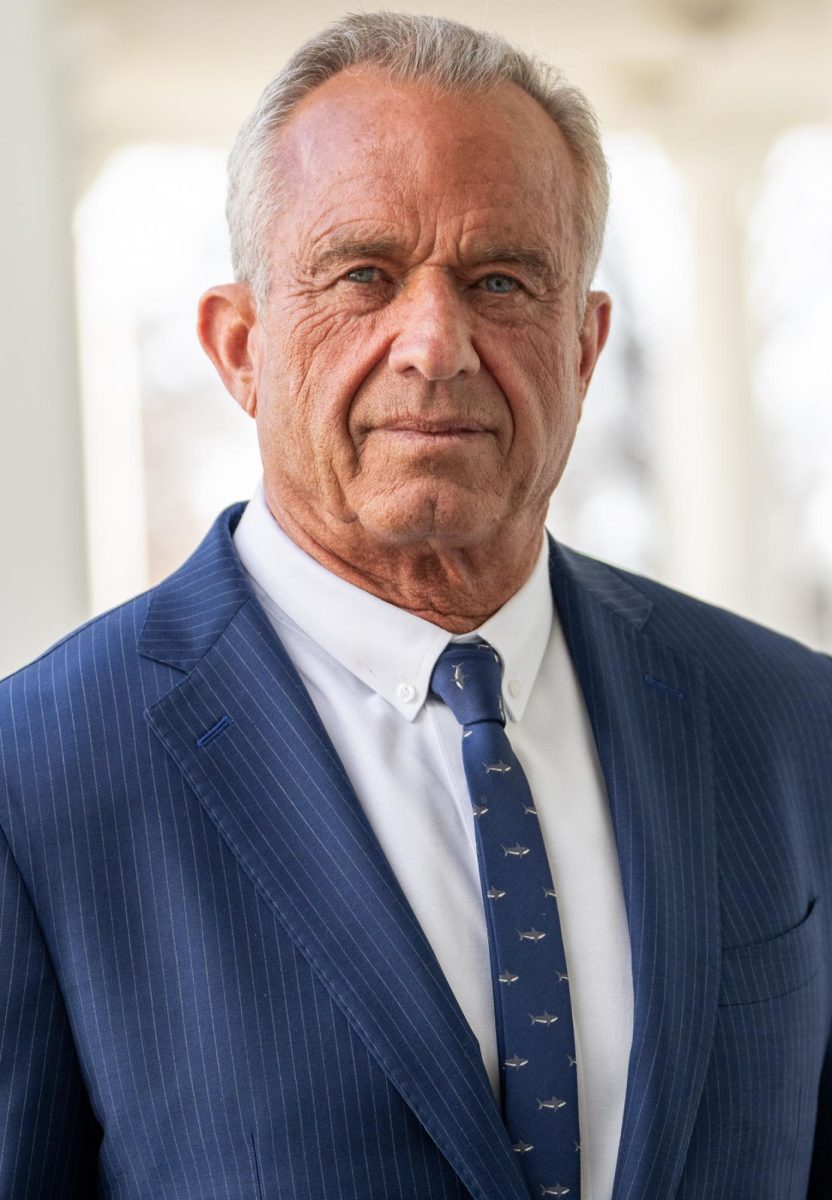Imagine sitting at the table surrounded by brilliant minds shaping the future of science. Now, picture being the sole Latin American woman amidst a sea of faces that rarely reflect your own. This has been my reality.
When I was just 10 years old, I recall sitting in front of the television, hypnotized by the cartoons that portrayed eccentric, old men in white coats that called themselves scientists, gracefully blowing stuff up and out of nowhere creating all sorts of new things. As a kid, I thought, “Uh, perfect! I want to blow stuff up for life. It looks fun, I want to become a scientist.” Deceived by a cartoon, that’s how my passion and love for science started. Although the cartoon concept of being a scientist disappeared over the years, the image of a white-coated white male with glasses stuck with me and haunted me through my journey into STEM.
My story in the United States began in 2019, when I made the difficult decision to leave behind my entire family in Colombia and embark on a new chapter in the U.S. This decision was not taken lightly, as my father wanted me to leave the country. He was haunted by the memories of the violent assassination of his brother, his mother and the multiple situations where his life and my family members’ lives were at risk. He wanted me to leave home behind, even if that meant not seeing each other for months. My father and mother gave up their home to finance my first year of university with the promise that I must find a way to fund the subsequent years by working hard. For me, the mere opportunity to study at Northeastern and live abroad, despite the challenges, was and remains a profound privilege.
With hope and determination, I arrived in the fall of 2019 on campus for my first year, eagerly looking forward to my first appointment with my advisor. As I sat at the meeting table, ready to share my beautifully crafted, almost inspirational speech about my goals and gratitude for being there, my excitement quickly faded. Within minutes, my advisor’s ice-cold words pierced through me, echoing the very stereotypes perpetuated by those cartoons of my childhood. I remember his words clearly, “If you are not a U.S. citizen or a green card holder, and you happen to be a woman searching for a position in the STEM field, the unfortunate reality is that the combination of these factors will most likely prevent you from achieving your aspirations.”
As an 18-year-old student, I expected my advisor to challenge these stereotypes, but instead his words — sadly filled with truth — crushed me. In the months that followed, his words became an incessant presence in my mind, consuming my every thought. I was desperately seeking answers. I reached out to a diverse network of colleagues to connect with Latin American women who came here to study like myself as well as first and second generation immigrants, who had firsthand experience working in the STEM field.
Unfortunately, the majority of the responses I received were disheartening. They shared stories filled with complaints and frustrations, recounting the unjust treatment they endured due to pervasive gender stereotypes and racism. In that moment, a profound truth became crystal clear: regardless of my citizenship status or being born a U.S. citizen, the undeniable reality of being a woman who did not conform to the prevailing image of whiteness would consistently pose obstacles to my journey toward success in the field of science. These narratives painted a grim reality: I felt like a lost child amidst a bustling crowd, desperately seeking a familiar face for comfort. Except this time, I wasn’t a child back in Latin America; I was an adult in a foreign land, yearning for that familiar face who could share a story, a narrative that could challenge and prove my advisor wrong.
A few months after that meeting, the COVID-19 pandemic struck, carrying me into its chaotic grip. I was abruptly forced to leave campus, unsure of where to find a place to live. Somehow, I managed to secure a small studio apartment next to a noisy construction site, barely spacious enough for a desk and a sofa. I never revealed to my parents the challenges that awaited me in the following months.
I struggled to find employment on campus to fund my second year of studies while battling the overwhelming weight of anxiety and depression. To make matters worse, the U.S. president’s comments at the time continued to reinforce harmful stereotypes, perpetuating a culture of misogyny and racism that further deepened the difficulties I faced. His words were the straw that broke the camel’s back and were an endorsement of what my advisor and colleagues had said: I wasn’t welcome here.
You might be expecting this story to take a dramatic turn, to evolve into a tale of triumph and overcome adversity. I wish I could fulfill those expectations and tell you that my journey has been a resounding success. However, the truth is that I, along with countless others, continue to navigate through this ongoing struggle. Yes, there have been moments of success and milestones achieved along the way. But let me be clear — my path to those accomplishments was paved with additional hurdles that many who fit the stereotypical image of a scientist never had to face.
Every interview, every first day on the job demanded that I go the extra mile to prove myself, to break through the preconceived notions and biases that surrounded me. I carried the weight of disproving the stereotypes that threatened to hold me back. Yet, amidst these challenges, I find solace and inspiration in the collective voices of those who share similar experiences. We are a force that refuses to be silenced, determined to shatter the barriers that have limited our potential for far too long.
Melanie Villalobos Garcia is a fourth-year cell and molecular biology major at Northeastern University. They can be reached at [email protected].




